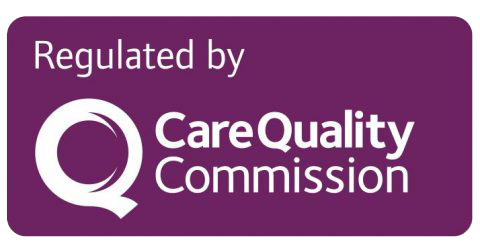
Detoxification, often referred to as detox, is the critical first step on the journey to recovery from substance abuse. It’s a process that involves safely removing toxins from the body while managing withdrawal symptoms. While detox is not a standalone treatment for addiction, it lays the foundation for a successful rehabilitation journey. In this blog, we’ll explore the importance of detoxification, what to expect during detox, and how to navigate this crucial stage of recovery.
Understanding Detoxification: Detoxification is the process by which the body clears itself of harmful substances, such as drugs or alcohol. When someone has developed a dependence on a substance, abruptly stopping its use can lead to withdrawal symptoms as the body adjusts to the absence of the substance. Detox aims to manage these withdrawal symptoms safely and comfortably, reducing the risk of complications and easing the transition to sobriety.
Key Aspects of Detoxification:
- Medical Supervision: Detox should always be conducted under the supervision of medical professionals who are trained to monitor vital signs, manage symptoms, and provide necessary medical interventions if complications arise. Depending on the substance and the individual’s medical history, detox may take place in a hospital, detox centre, or residential treatment facility.
- Individualised Care: Every person’s experience with detox is unique, and treatment should be tailored to meet their specific needs and circumstances. Factors such as the type of substance used, the severity of dependence, and any co-occurring medical or mental health conditions will inform the detox protocol.
- Medication-Assisted Treatment (MAT): In some cases, medications may be used during detox to alleviate withdrawal symptoms, reduce cravings, and support the detoxification process. These medications, such as methadone, buprenorphine, or benzodiazepines, are prescribed under medical supervision and may be tapered off gradually as the individual progresses through detox.
- Psychological Support: Detoxification can be a challenging and emotionally taxing process, and individuals may benefit from psychological support to cope with cravings, anxiety, depression, and other psychological symptoms. Counseling, therapy, and support groups can provide valuable emotional support and help individuals develop coping strategies for managing triggers and cravings.
- Preparation for Rehab: While detox addresses the physical aspect of addiction by clearing the body of toxins, it is not a standalone treatment for addiction. Following detox, individuals are encouraged to transition to a comprehensive rehabilitation program that addresses the underlying causes of addiction, teaches coping skills, and promotes long-term recovery.
Navigating Detoxification: Detoxification can be a daunting prospect, but it’s an essential step on the path to recovery. Here are some tips for navigating the detox process:
- Seek professional help: Detox should never be attempted alone, as it can be dangerous and potentially life-threatening. Instead, reach out to medical professionals who can provide safe and effective detoxification treatment.
- Be honest about your substance use: Provide accurate information about the substances you’ve been using, as well as any medical or mental health issues you may have. This will help healthcare providers develop an appropriate detox plan tailored to your needs.
- Stay hydrated and nourished: Drink plenty of water and eat nutritious foods to support your body’s natural detoxification processes. Avoid caffeine, sugary drinks, and processed foods, which can exacerbate withdrawal symptoms.
- Practice self-care: Detox can be physically and emotionally challenging, so be gentle with yourself during this time. Engage in activities that promote relaxation and well-being, such as meditation, yoga, or spending time in nature.
- Stay connected: Lean on friends, family, and support groups for encouragement and emotional support throughout the detox process. You’re not alone in this journey, and reaching out for support can make a world of difference.
Conclusion: Detoxification is a vital step on the path to recovery from substance abuse, providing a safe and supportive environment for individuals to begin their journey towards sobriety. By understanding the importance of detox, knowing what to expect during the process, and seeking professional help when needed, individuals can navigate detoxification successfully and lay the groundwork for a brighter, substance-free future. Remember, recovery is possible, and every step forward is a step closer to reclaiming your life.
If your or a loved one are battling with substance misuse or alcoholism, please do not hesitate to give our friendly team a call today on 0330 0431745. Alternatively you can email us at [email protected]






